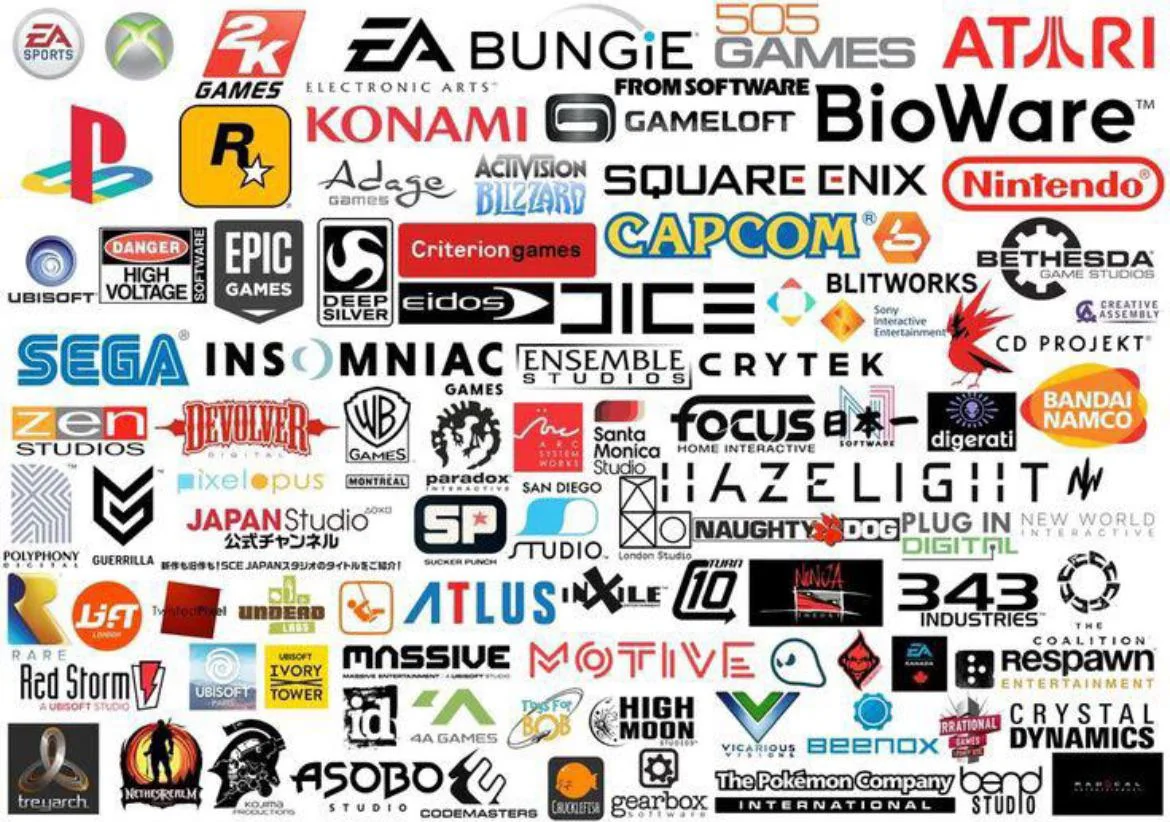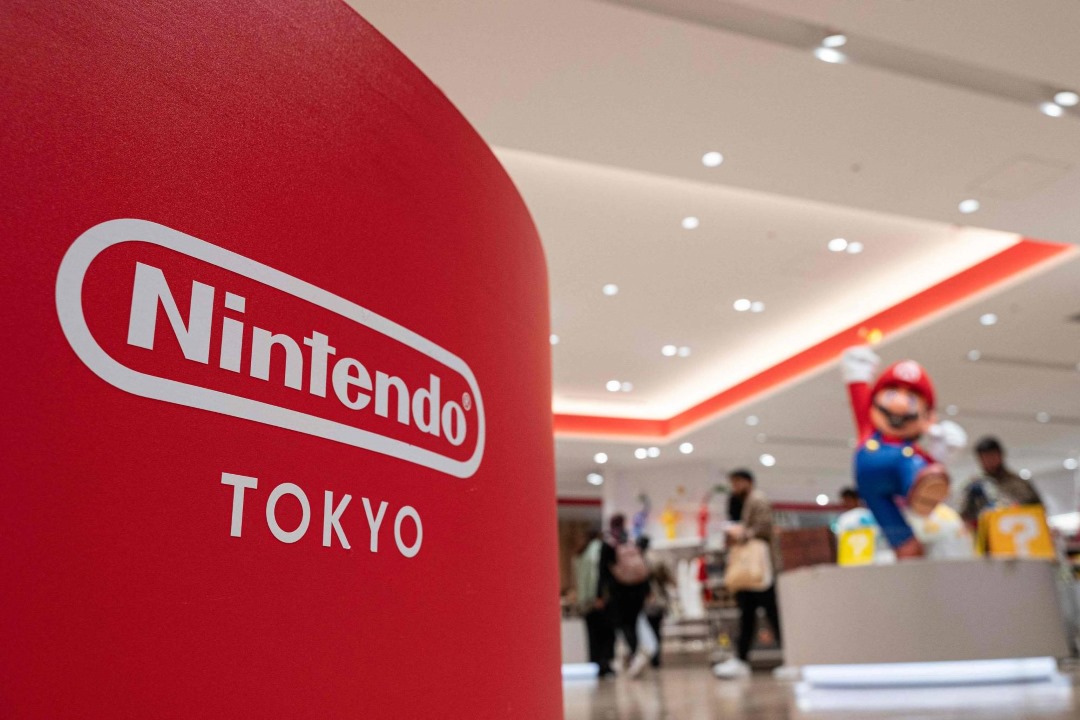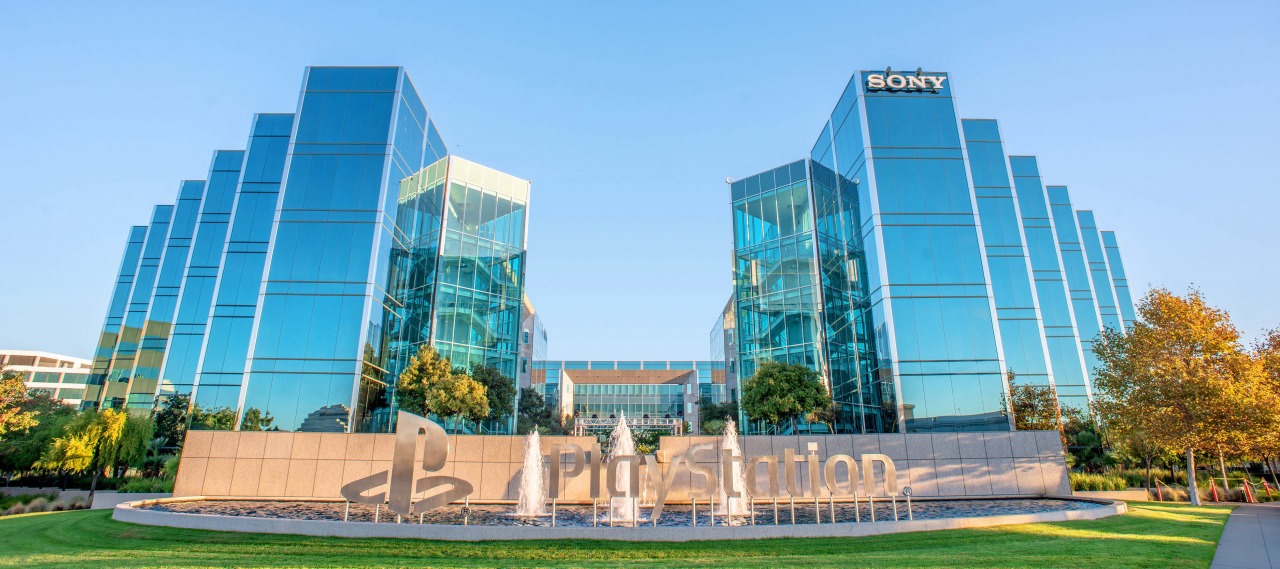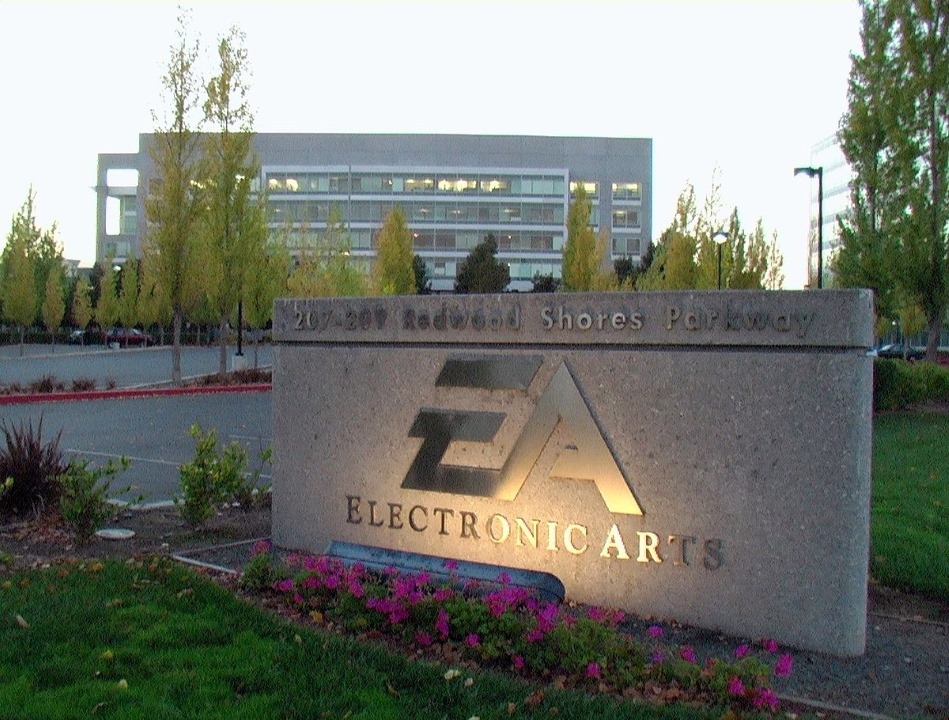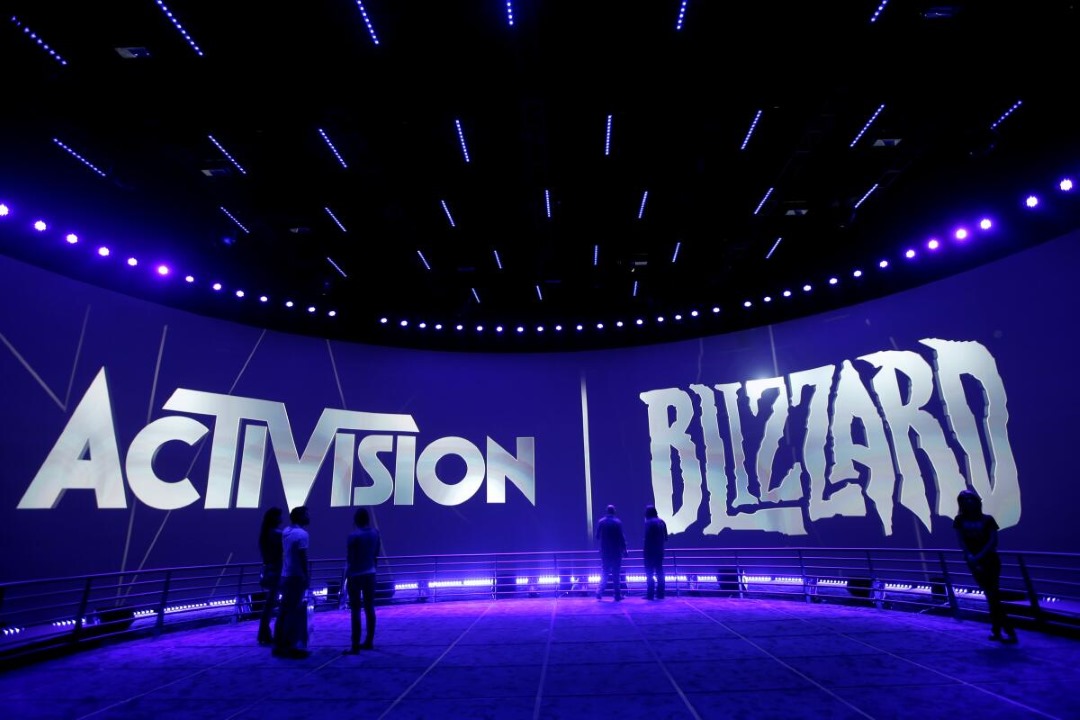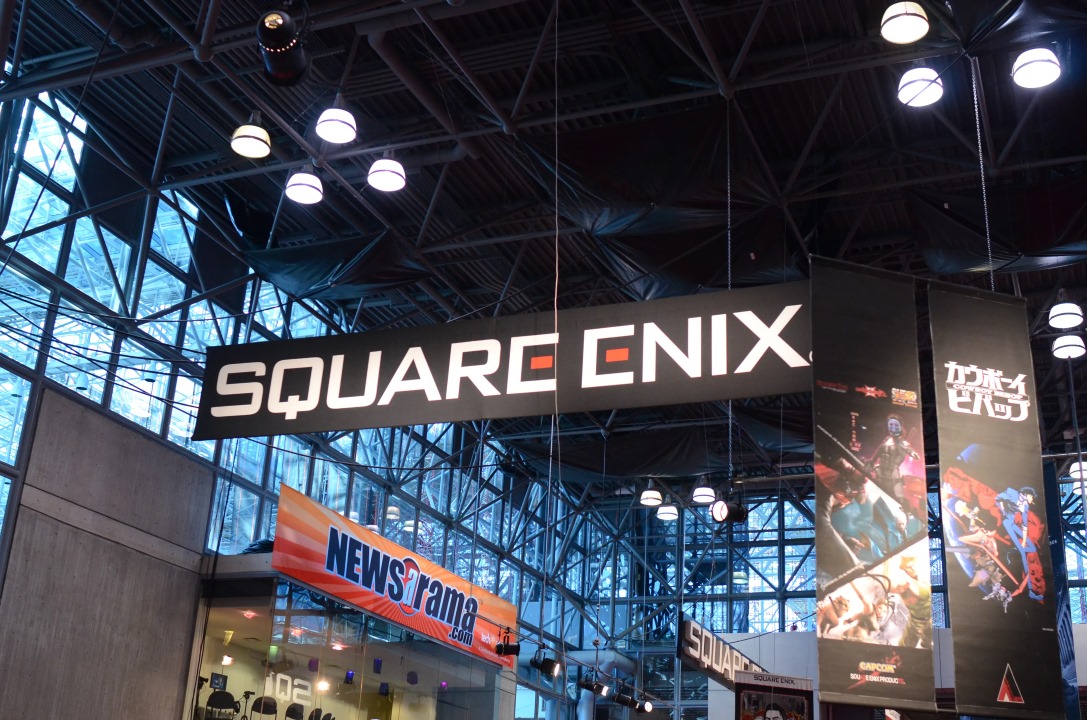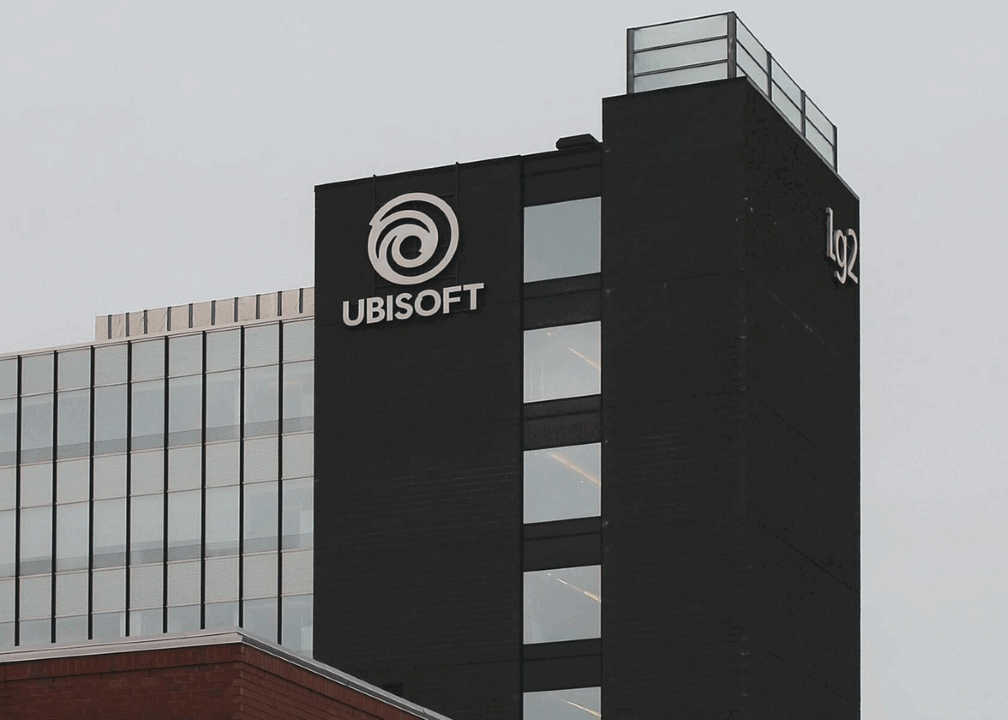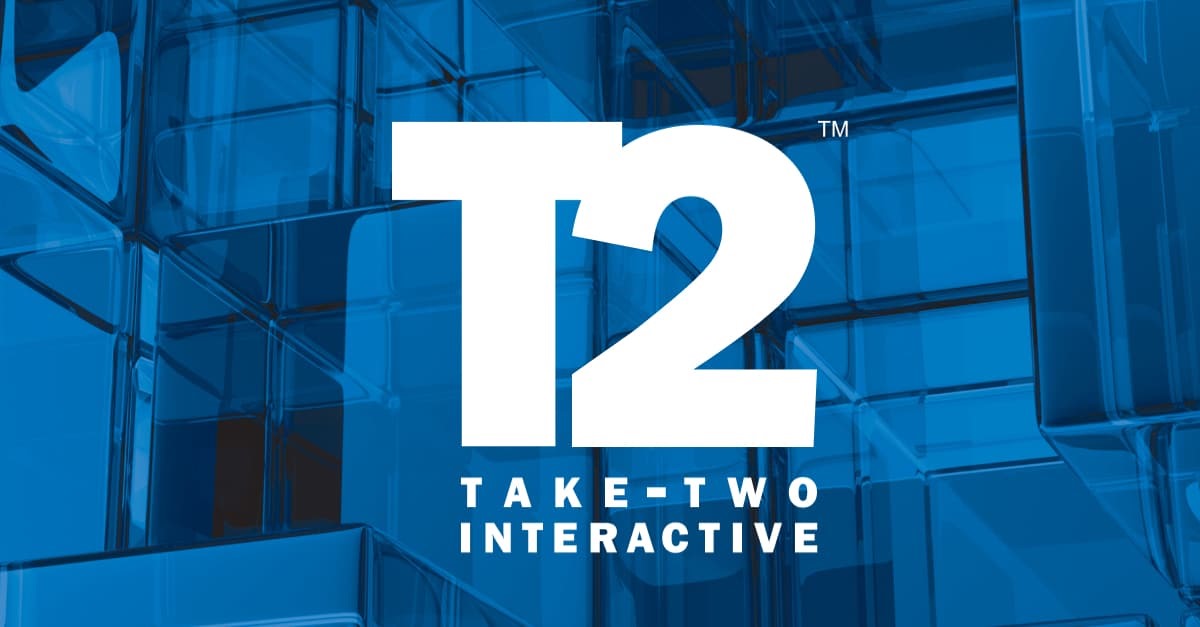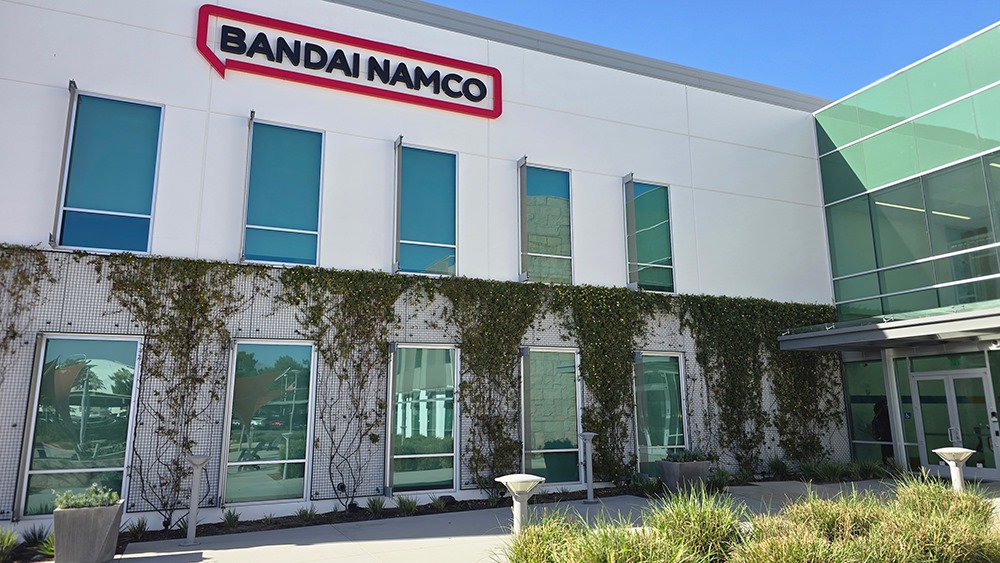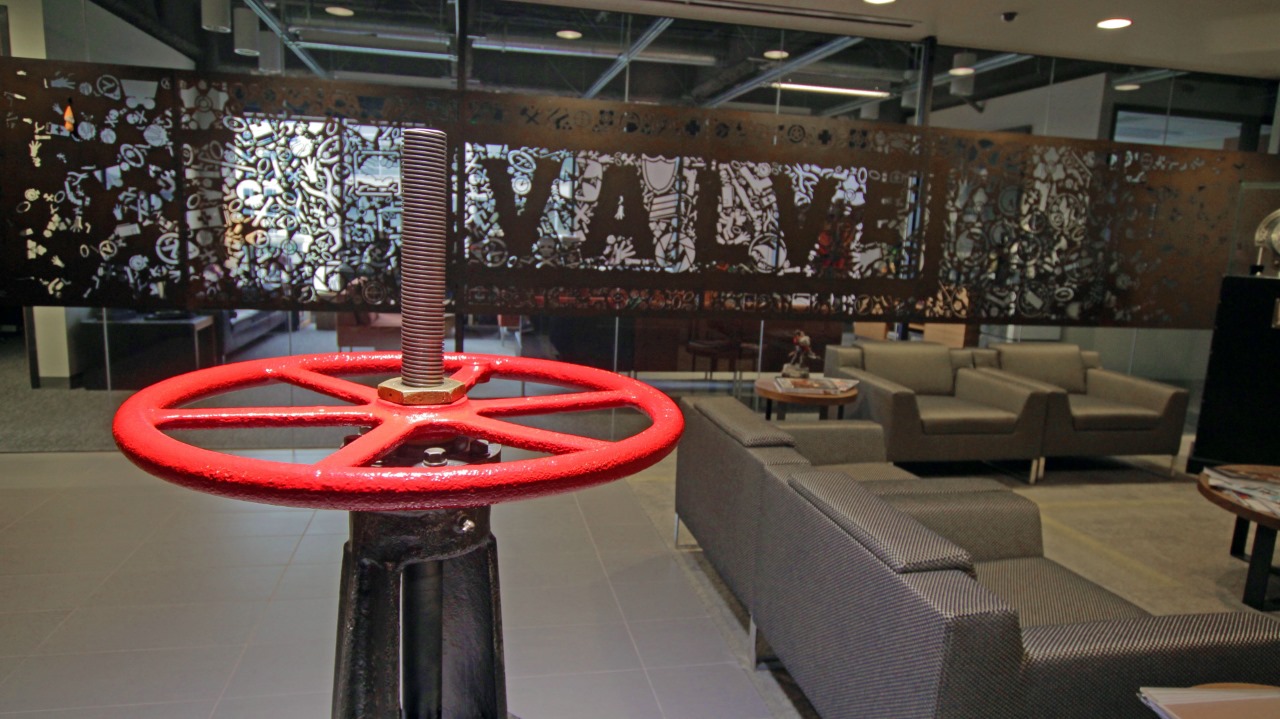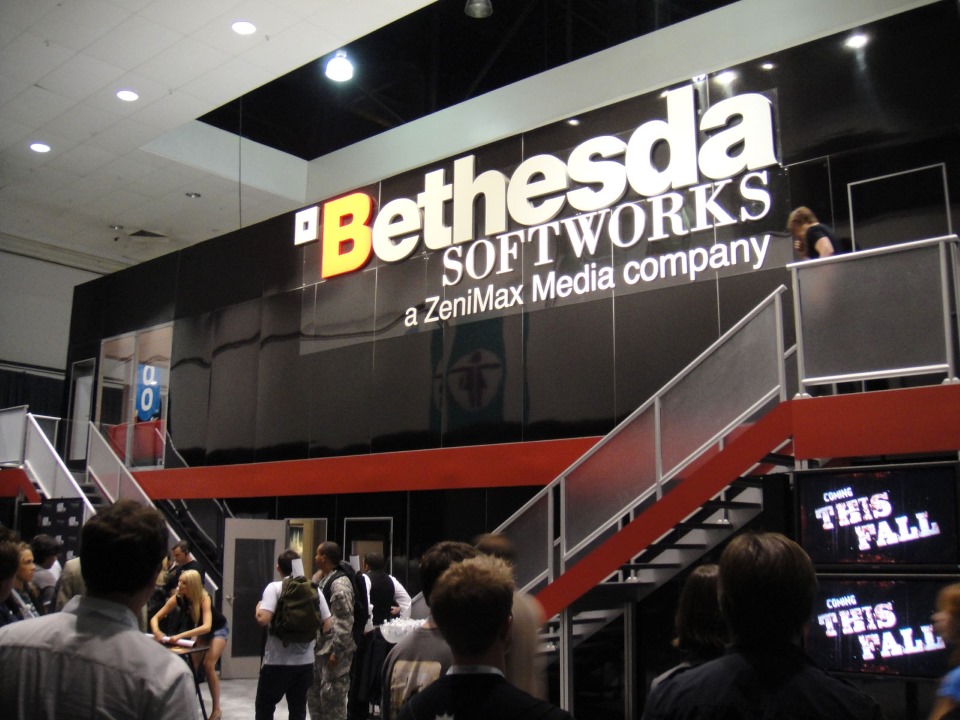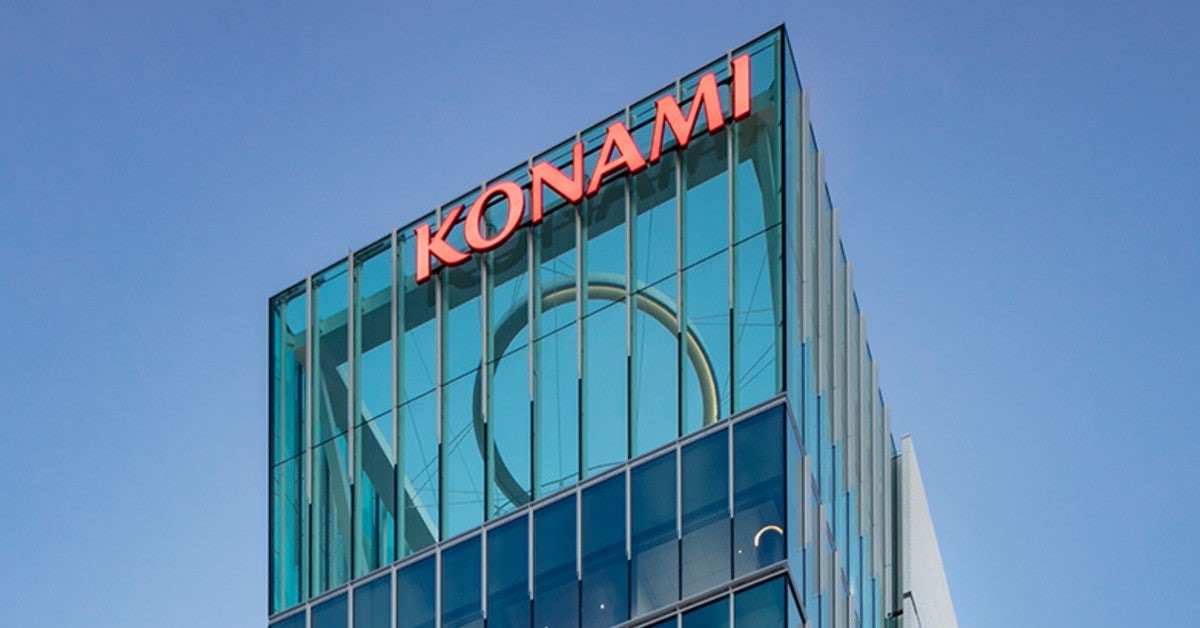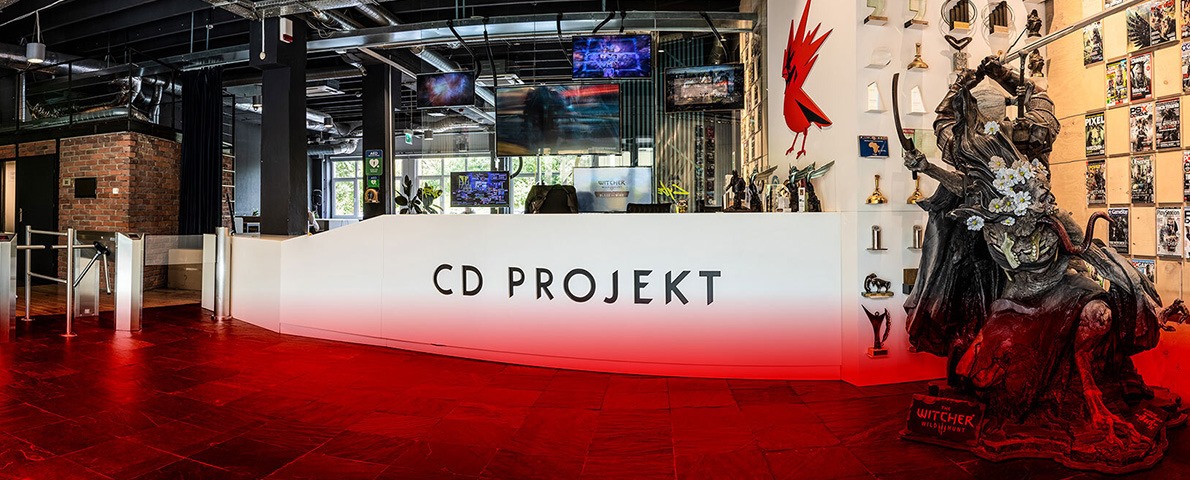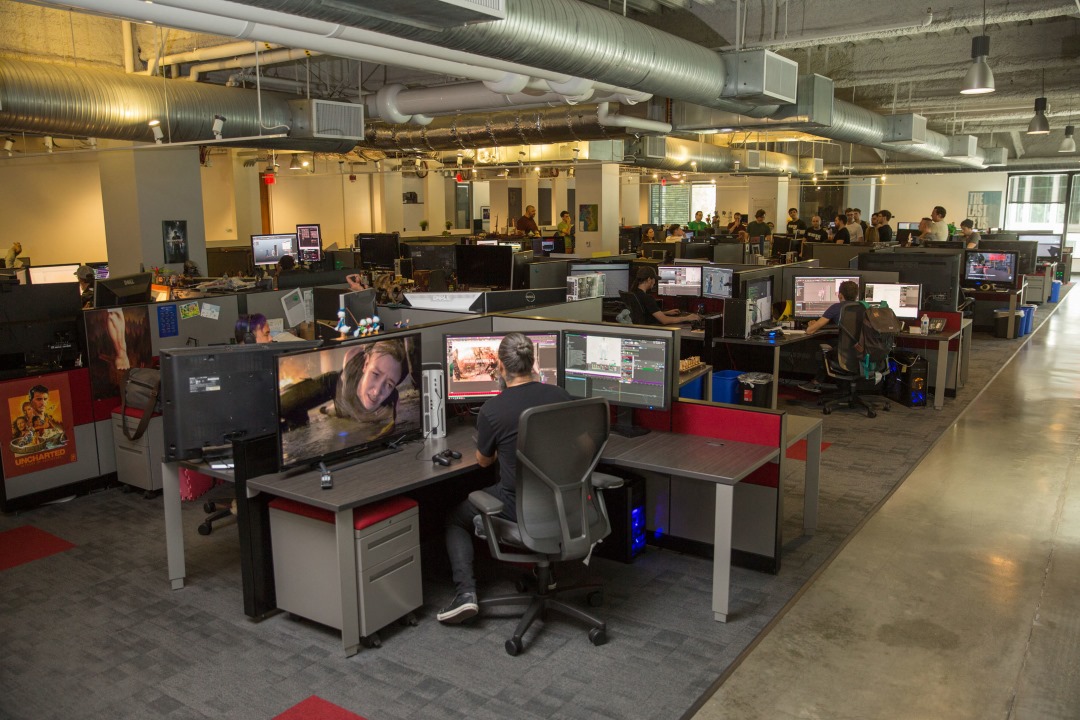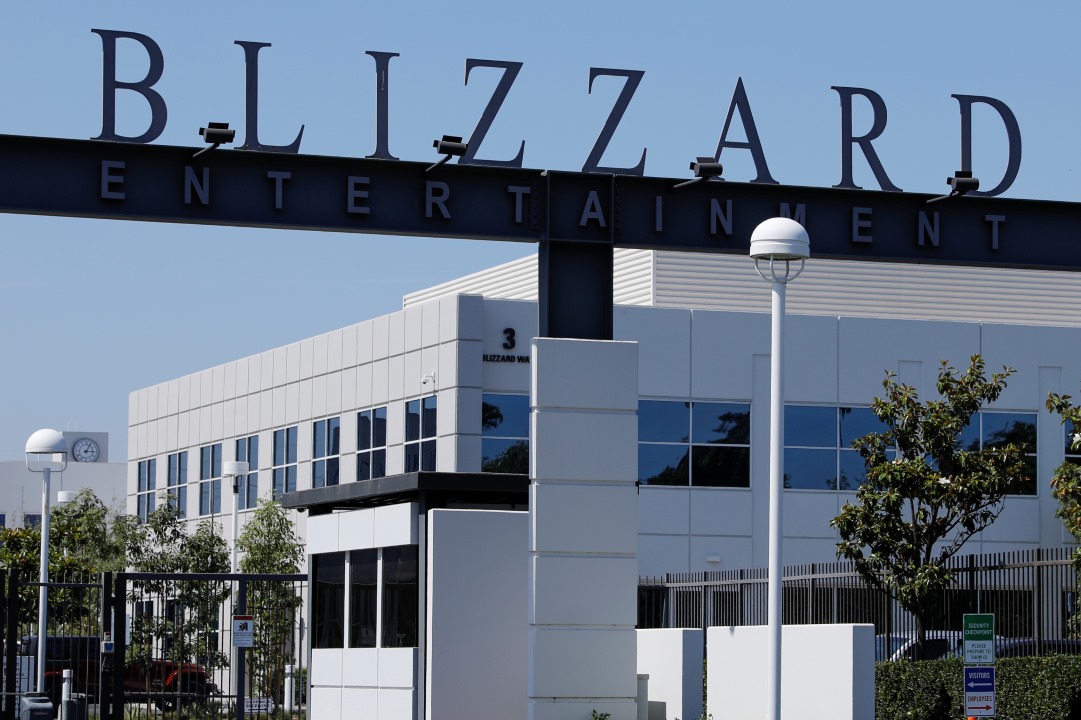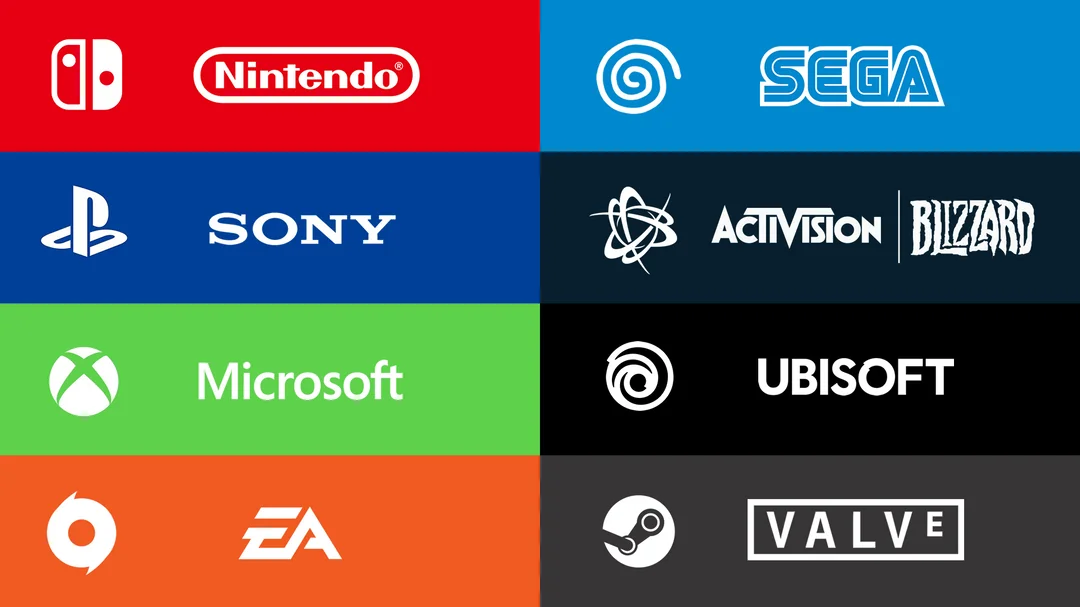The video game industry is a billion-dollar juggernaut that has evolved from a novelty pastime into a cultural mainstay. Behind every iconic title, genre-defining franchise, or generation-defining console is a company—or often, a team of companies—that helped make it happen. From arcade cabinets in the '70s to cinematic open-world RPGs in the 2020s, game companies have shaped the very rhythm of global entertainment. But not all game companies are built equal, and not all have stood the test of time.
This article traces the most influential and successful companies in gaming history—not just by financial metrics, but also by cultural impact, innovation, IP longevity, and their role in transforming how we play and interact with games. These are the studios and giants that defined eras, started revolutions, and built empires, many of which are still shaping the industry today.
Some built their name through hardware, others through risk-taking game design. Some evolved slowly over decades, while others skyrocketed through a single world-shaking release. From the quiet halls of Kyoto to the tech towers of Shenzhen, the scope of influence here spans the globe.
Let’s dive deep into the 20 gaming companies that changed everything—and are still pushing the medium forward.
Criteria for Ranking
Before we jump into the companies themselves, it’s worth setting the context for how they were chosen. This list isn’t just about raw revenue or sheer volume of titles released. The goal here is to balance historical importance, creative innovation, market dominance, and long-term cultural impact.
Here are the key factors that shaped the rankings:
-
Legacy and Longevity – How long the company has been operating and its sustained relevance over time.
-
Iconic Franchises – Does the company own franchises that defined genres or generations?
-
Innovation – Did the studio or publisher introduce new technology, business models, or gameplay mechanics?
-
Commercial Success – Revenue, profit, and units sold are still important, especially at the top levels.
-
Cultural Influence – How much influence the company has had on pop culture, media, and the gaming community at large.
-
Critical Reception – The quality and consistency of its games over time.
-
Developer Relations and Reputation – How the company treats its talent and community also matters in the long run.
With those lenses in mind, here are the 20 game companies that built—and rebuilt—the world of video games as we know it.
1. Nintendo
There is no gaming company more synonymous with the industry than Nintendo. Founded in 1889 as a playing card company in Kyoto, Nintendo didn’t enter the video game space until the 1970s. But once it did, it redefined interactive entertainment for generations.
The launch of the Nintendo Entertainment System (NES) in 1983 rescued the global gaming industry from its early crash. Super Mario Bros., The Legend of Zelda, and Metroid weren’t just good games—they were foundational blueprints. Nintendo’s hardware and software have always worked in synergy, from the Game Boy’s portability to the Switch’s hybrid genius.
Beyond its unparalleled legacy, Nintendo has created the most recognizable characters in gaming: Mario, Link, Donkey Kong, Pikachu, Samus, and many more. Franchises like Pokémon, Animal Crossing, and Smash Bros. have maintained long-term appeal across multiple demographics.
Even today, while other companies chase photorealism, Nintendo emphasizes charm, polish, and gameplay-first design, carving a unique lane that few dare imitate.
Key Franchises:
-
Mario
-
The Legend of Zelda
-
Pokémon
-
Animal Crossing
-
Metroid
Founded: 1889
Headquarters: Kyoto, Japan
Legacy: Industry savior, innovation leader, family-friendly icon
2. Sony Interactive Entertainment
Sony may not have the longest history in gaming, but since entering the scene in the mid-1990s, it has become one of the most dominant forces in the industry. The launch of the original PlayStation in 1994 marked the beginning of a console lineage that has sold over 600 million units to date.
Sony's secret weapon has always been its first-party studios. From Naughty Dog and Santa Monica Studio to Guerrilla Games and Insomniac, Sony has cultivated a stable of developers that consistently deliver cinematic, critically acclaimed titles. The Last of Us, God of War, Spider-Man, Horizon Zero Dawn—these are not just best-sellers; they are milestones in gaming storytelling and design.
Sony also revolutionized console architecture, championed the use of optical discs, helped shape the modern controller, and continues to innovate with VR technology and haptic feedback.
With each new console generation, Sony manages to balance technical prowess with emotional depth, delivering hardware that pushes boundaries and games that connect deeply with players.
Key Franchises:
-
God of War
-
Uncharted / The Last of Us
-
Gran Turismo
-
Horizon
-
Ratchet & Clank
Founded: 1993 (PlayStation brand)
Headquarters: Tokyo, Japan
Legacy: Console titan, home of story-driven blockbusters
3. Microsoft Gaming
Launched into the gaming world with the release of the original Xbox in 2001, Microsoft had a steep hill to climb. Competing against Sony, Nintendo, and Sega, many doubted the tech giant’s ability to enter the market. Two decades later, Microsoft is not only still standing—it’s one of the pillars of modern gaming.
What set Microsoft apart was its early focus on online connectivity. Xbox Live, introduced in 2002, reshaped how gamers thought about multiplayer, achievements, and digital ecosystems. Halo became a cultural event. Fable, Forza, and Gears of War added credibility.
In recent years, Microsoft has doubled down on the Game Pass model, changing how players access and discover games. Its acquisitions of studios like Bethesda, Obsidian, Ninja Theory, and Mojang reflect a bold, long-term strategy.
While the Xbox console has had its ups and downs in sales, Microsoft’s real strength lies in its ecosystem, cloud infrastructure (xCloud), and its push toward platform-agnostic gaming—a direction the entire industry is now watching closely.
Key Franchises:
-
Halo
-
Forza
-
Gears of War
-
Minecraft
-
Starfield / Elder Scrolls (via Bethesda)
Founded: 2001 (Xbox division)
Headquarters: Redmond, Washington, USA
Legacy: Multiplayer pioneer, subscription model disruptor
4. Tencent Games
Though less visible in the West, Tencent is the largest gaming company in the world by revenue. Based in China, Tencent owns or holds major stakes in a vast number of global studios, including Riot Games (League of Legends), Epic Games (Fortnite), Supercell (Clash of Clans), and shares in Activision Blizzard, Ubisoft, and PlatinumGames.
Tencent’s approach is different from traditional developers. Rather than creating a catalog of first-party IPs, it acts as a holding company, investing in key players and distributing games across mobile, PC, and console markets, especially in China. It also operates WeGame, a Steam-like platform, and plays a central role in mobile gaming and esports.
Its influence on the free-to-play business model, microtransactions, and mobile-first design is immense. Games like Honor of Kings and PUBG Mobile, both supported or operated by Tencent, command hundreds of millions of users monthly.
Though often criticized for its role in monetization trends, there’s no denying Tencent’s global influence, especially in shaping mobile and online gaming.
Key Franchises:
-
Honor of Kings
-
PUBG Mobile
-
League of Legends (via Riot)
-
Fortnite (via Epic)
Founded: 1998
Headquarters: Shenzhen, China
Legacy: Mobile and free-to-play dominance, esports investment leader
5. Electronic Arts (EA)
Electronic Arts, founded in 1982 by former Apple executive Trip Hawkins, was one of the first companies to treat video games as an art form, marketing game creators as “software artists.” But over the decades, EA evolved into a massive publishing powerhouse—synonymous with sports franchises, annual releases, and blockbuster-scale IPs.
No discussion of EA is complete without mentioning its dominance in the sports genre. Through exclusive licensing agreements, EA turned FIFA, Madden NFL, and NBA Live into annual best-sellers that set the standard for realism, licensing, and multiplayer functionality in sports gaming. Though its FIFA deal ended in 2023, the franchise now continues as EA Sports FC, and the company still holds sway over the entire genre.
Beyond sports, EA built franchises like The Sims (via Maxis), Mass Effect, Dragon Age, Battlefield, and Need for Speed. It also acquired BioWare, DICE, and Respawn Entertainment—expanding into shooters and sci-fi RPGs. Apex Legends, a free-to-play battle royale from Respawn, proved EA could pivot quickly and successfully in the age of live-service games.
However, EA has also drawn criticism over the years for aggressive monetization, on-disc DLC, and controversial loot boxes—particularly in Star Wars Battlefront II. Yet in recent years, the company has made an effort to rebuild player trust, re-invest in single-player titles, and reduce predatory mechanics.
EA remains a major pillar in the gaming industry, particularly in terms of revenue, IP reach, and digital distribution through EA Play and its integration with Xbox Game Pass.
Key Franchises:
-
FIFA / EA Sports FC
-
Madden NFL
-
The Sims
-
Battlefield
-
Mass Effect / Dragon Age
Founded: 1982
Headquarters: Redwood City, California, USA
Legacy: Sports gaming authority, controversial innovator, powerful publisher
6. Activision Blizzard
The combination of Activision and Blizzard Entertainment in 2008 brought together two very different but equally influential gaming companies. Activision, founded in 1979, is the oldest third-party game publisher in the world. Blizzard, founded in 1991, became a household name through its meticulous, genre-defining PC games.
Activision’s dominance is anchored by Call of Duty, one of the best-selling franchises of all time. Launched in 2003, CoD became a yearly blockbuster, blending tight FPS gameplay with cinematic storytelling and robust multiplayer. Despite criticism for its annualized nature, Call of Duty continues to break sales records.
Blizzard, meanwhile, redefined RTS with Warcraft and StarCraft, MMORPGs with World of Warcraft, and team-based FPS with Overwatch. Few companies are as revered in the PC space as Blizzard—though in recent years, it has struggled with internal controversies and uneven game launches (Warcraft III: Reforged, Diablo Immortal).
Their merger created a publishing giant, and the 2023 acquisition by Microsoft further shifted industry dynamics. Despite internal challenges, both brands remain incredibly powerful in shaping the gaming landscape, particularly in esports and live-service ecosystems.
Key Franchises:
-
Call of Duty
-
World of Warcraft
-
Diablo
-
Overwatch
-
StarCraft
Founded: Activision (1979), Blizzard (1991), Merged (2008)
Headquarters: Santa Monica, California, USA
Legacy: PC and FPS legends, esports juggernaut, cultural flashpoint
7. Square Enix
Formed through the 2003 merger of Square and Enix, this company carries with it some of the most influential and beloved RPG franchises in gaming history. Even before the merger, both companies were trailblazers: Square with Final Fantasy, Enix with Dragon Quest.
Final Fantasy VII (1997) was a turning point—not just for the franchise, but for the entire RPG genre in the West. Its cinematic presentation, 3D graphics, and emotionally resonant story helped RPGs break into the mainstream. The Dragon Quest series, though more popular in Japan, has remained a national institution.
Square Enix also owns Kingdom Hearts, a collaboration with Disney that started as a strange idea and evolved into one of the most uniquely passionate fanbases in gaming. Other successes include NieR: Automata, Octopath Traveler, and Tactics Ogre, showing their willingness to experiment while retaining core RPG strengths.
The company has also made bold moves with HD-2D visual styles, live-action experiments, and cloud-based delivery platforms. While not every release hits, Square Enix remains a respected name for deep narrative-driven games, often with unforgettable music, complex worlds, and multi-hour story arcs.
Key Franchises:
-
Final Fantasy
-
Dragon Quest
-
Kingdom Hearts
-
NieR
-
Octopath Traveler
Founded: 2003 (Square in 1986, Enix in 1975)
Headquarters: Tokyo, Japan
Legacy: RPG mastercraft, experimental visionaries, iconic storytellers
8. Capcom
Capcom, founded in Osaka in 1979, is one of the few companies from the golden arcade era that has remained consistently relevant for over four decades. From coin-op cabinets to cinematic AAA titles, Capcom has managed to adapt with each generation while still retaining its identity.
The Resident Evil series not only popularized the survival horror genre but continues to evolve with each release—Resident Evil 7 and Village both rejuvenated the brand for modern audiences. The Resident Evil 2 Remake stands as a model for how to revisit classic titles with care and innovation.
Capcom is also responsible for Street Fighter, the franchise that shaped the competitive fighting game scene. Street Fighter II essentially birthed modern esports, and its legacy continues through global tournaments like EVO.
Other franchises like Mega Man, Monster Hunter, and Devil May Cry show Capcom’s range. Monster Hunter: World, in particular, was a global breakout that finally brought the series’ massive popularity in Japan to the rest of the world.
Capcom’s recent renaissance—driven by the RE Engine, smart remakes, and tighter development schedules—has put it back on the radar as one of the most consistently praised publishers in the modern era.
Key Franchises:
-
Resident Evil
-
Street Fighter
-
Monster Hunter
-
Mega Man
-
Devil May Cry
Founded: 1979
Headquarters: Osaka, Japan
Legacy: Survival horror pioneer, arcade innovator, modern-day comeback story
9. Ubisoft
Founded in France in 1986 by the five Guillemot brothers, Ubisoft has grown into one of the largest third-party publishers in the world, known for its open-world franchises and annual releases. While its model has received criticism for repetition and bloat, its hits have undeniably shaped the gaming world.
Assassin’s Creed stands as Ubisoft’s most iconic series. Since its debut in 2007, it has evolved from a stealth-action title into sprawling historical RPGs, becoming a hallmark of the company's design philosophy: expansive worlds, collectible-heavy gameplay, and long-term franchise support.
Other franchises like Far Cry, Rainbow Six, and Watch Dogs have found success, each pushing forward different genre mechanics. Rayman remains a standout in platforming, and Just Dance became an unexpected cultural phenomenon.
Ubisoft has also been at the forefront of game engine development (Anvil, Dunia), cloud gaming, and cross-platform compatibility. However, the studio has been marred by internal issues in recent years, including workplace misconduct scandals and delays on key projects like Beyond Good & Evil 2.
Despite challenges, Ubisoft’s ability to build enduring IPs and adapt them over time keeps it near the top of the industry.
Key Franchises:
-
Assassin’s Creed
-
Far Cry
-
Rainbow Six
-
Just Dance
-
Watch Dogs
Founded: 1986
Headquarters: Montreuil, France
Legacy: Open-world experts, franchise juggernaut, innovation vs. repetition
10. Sega
Once a hardware titan and Nintendo’s fiercest rival, Sega has undergone more transformations than most companies on this list. Founded in the 1940s (originally in Hawaii before moving to Japan), Sega rose to fame in the '80s with arcade machines and its home console, the Sega Genesis (Mega Drive).
The launch of Sonic the Hedgehog in 1991 was Sega’s masterstroke—a mascot designed to compete directly with Mario. For a time, it worked. Sonic 2, Streets of Rage, Golden Axe, and Shinobi gave Sega a cool, edgy reputation, especially in Western markets.
However, by the early 2000s, Sega had exited the hardware market following the commercial failure of the Dreamcast. From there, it transitioned into a third-party publisher, and though it struggled to regain its former glory, the company has rebuilt its credibility through franchises like Yakuza (now Like a Dragon), Total War (via Creative Assembly), and continued Sonic titles.
Today, Sega is a global content provider with a rich legacy of experimentation, arcade culture, and iconic 2D art. While it no longer builds consoles, its legacy lives on in the DNA of every modern gaming company that once raced against it.
Key Franchises:
-
Sonic the Hedgehog
-
Yakuza / Like a Dragon
-
Total War
-
Persona (via Atlus)
-
Virtua Fighter
Founded: 1940 (as Service Games)
Headquarters: Tokyo, Japan
Legacy: Console rival, arcade king, comeback publisher
11. Take-Two Interactive
Take-Two Interactive, established in 1993, might not have the household name recognition of Nintendo or Sony, but behind it are some of the most critically acclaimed and commercially successful franchises in gaming history. Take-Two owns both Rockstar Games and 2K, two powerhouse labels responsible for industry-defining titles.
Let’s start with Rockstar. The Grand Theft Auto series is not just popular—it’s a cultural event. GTA V alone has sold over 180 million copies and generated billions in revenue. Rockstar also delivered Red Dead Redemption and its sequel, which raised the bar for open-world storytelling and immersion. The studio’s meticulous approach to game design has earned them a reputation for quality, polish, and artistic ambition.
2K, on the other hand, handles NBA 2K, the top-selling basketball sim, and Borderlands, a franchise that popularized the looter-shooter subgenre. The company also published BioShock, XCOM, and Sid Meier’s Civilization, giving it incredible range across genres.
Take-Two’s approach is selective but powerful. It doesn't flood the market with releases—instead, it focuses on long-tail games with years of profitability, strong modding communities, and active online ecosystems. Its titles are often packed with detail, narrative depth, and innovative design.
Key Franchises:
-
Grand Theft Auto
-
Red Dead Redemption
-
NBA 2K
-
BioShock
-
Borderlands / Civilization
Founded: 1993
Headquarters: New York City, USA
Legacy: Prestige publisher, open-world perfectionists, masters of narrative scale
12. Bandai Namco Entertainment
Few companies in gaming can match Bandai Namco’s longevity, breadth, and cultural influence, particularly in Japan. Originally formed through the merger of Bandai and Namco in 2005, the company’s roots go back decades—Namco was behind Pac-Man, one of the most important arcade games of all time.
Bandai Namco operates across multiple forms of entertainment: video games, toys, anime, and merchandise. Its catalog is enormous and uniquely cross-media. From Dragon Ball and One Piece to Gundam, it adapts massive anime franchises into successful gaming series with incredible consistency.
It’s also the home of Tekken and Soulcalibur, two of the most iconic 3D fighting games, as well as Ace Combat, Tales of, and more recently, Elden Ring, which it published for FromSoftware. That collaboration, in particular, elevated Bandai Namco’s profile in Western markets in a major way.
While not always as globally spotlighted as EA or Ubisoft, Bandai Namco’s multi-genre strength, deep IP well, and reliable quality have kept it relevant and profitable in nearly every generation of gaming.
Key Franchises:
-
Pac-Man
-
Tekken / Soulcalibur
-
Dragon Ball Z (FighterZ / Xenoverse)
-
Tales of series
-
Elden Ring (publisher)
Founded: Merger in 2005 (Namco in 1955, Bandai in 1950)
Headquarters: Tokyo, Japan
Legacy: Fighting game pioneer, anime adaptation king, arcade legend
13. Valve Corporation
Valve, founded in 1996 by former Microsoft employees Gabe Newell and Mike Harrington, may not have the biggest release catalog—but its impact on gaming is massive and undeniable. As both a developer and a platform holder, Valve changed how we play, distribute, and think about games.
Valve’s early titles—Half-Life, Counter-Strike, Team Fortress, Portal, Left 4 Dead—weren’t just successful, they were revolutionary. Half-Life raised the standard for FPS narrative design. Counter-Strike became a multiplayer phenomenon. Portal showed how puzzle games could be funny, artistic, and emotionally resonant.
Then came Steam, Valve’s digital distribution platform. Launched in 2003, Steam was initially unpopular, but it gradually grew into the largest PC game store in the world, creating a centralized hub for developers and players alike. Today, Steam dominates the PC market and shaped the rise of indie games and digital storefronts.
Valve may not release games frequently, but when it does (Half-Life: Alyx, Dota 2, Artifact), the industry pays attention. It’s also been a leader in VR technology with the Valve Index, and its experimental mindset keeps it at the cutting edge of game tech.
Key Franchises:
-
Half-Life
-
Portal
-
Dota
-
Counter-Strike
-
Steam platform (ecosystem)
Founded: 1996
Headquarters: Bellevue, Washington, USA
Legacy: Digital distribution pioneer, PC gaming architect, creative innovator
14. Bethesda Softworks
Known for massive, open-world RPGs, Bethesda Softworks built its name on epic storytelling, immersive worlds, and player freedom. The Elder Scrolls and Fallout are its crown jewels—games where you can lose hundreds of hours exploring, crafting, roleplaying, and modding.
Bethesda’s roots go back to 1986, but it wasn’t until The Elder Scrolls III: Morrowind (2002) that it truly broke through. Oblivion and Skyrim followed, turning the studio into a global brand. Fallout 3 and Fallout: New Vegas further expanded its post-apocalyptic worldbuilding.
Known for its modding community, Bethesda games are among the most supported by fan-made content, extending their lifespan for years. Skyrim, in particular, has appeared on nearly every modern platform and continues to sell more than a decade after launch.
In 2020, Bethesda’s parent company, ZeniMax Media, was acquired by Microsoft, making it part of the Xbox family. This acquisition brought Starfield and future Elder Scrolls titles under Microsoft’s umbrella.
While Bethesda has occasionally faced criticism for bugs, outdated engines, and uneven launches (Fallout 76 being a notable example), its ability to build unforgettable worlds keeps it at the top of Western RPG design.
Key Franchises:
-
The Elder Scrolls
-
Fallout
-
Starfield
-
Doom / Wolfenstein (via id Software)
-
Dishonored / Prey (via Arkane)
Founded: 1986
Headquarters: Rockville, Maryland, USA
Legacy: Open-world RPG master, narrative sandbox designer, modding haven
15. Konami
Konami was once one of the most beloved Japanese game companies, responsible for some of the most stylish, challenging, and creative titles of the '80s, '90s, and early 2000s. Its name was once synonymous with quality, especially on NES, SNES, and PlayStation consoles.
Classics like Castlevania, Contra, Gradius, and Metal Gear were not just fun—they were influential. The Metal Gear Solid series, created by Hideo Kojima, was particularly groundbreaking, blending stealth, cinematic presentation, and philosophical themes in ways few games dared.
Silent Hill, Konami’s answer to Resident Evil, remains one of the most terrifying and artistically admired horror franchises. The company also found success in sports with Pro Evolution Soccer (PES) and pioneered rhythm games with Dance Dance Revolution.
However, in recent years, Konami has faced major criticism. Its high-profile split with Kojima during the development of Metal Gear Solid V, the cancellation of Silent Hills, and its pivot toward mobile and pachinko machines led many to believe the company had abandoned its gaming roots.
Still, signs of revival are emerging, including Silent Hill 2 Remake and a renewed interest in classic IPs. Konami's legacy may be complicated, but it’s undeniably important.
Key Franchises:
-
Metal Gear Solid
-
Silent Hill
-
Castlevania
-
Contra
-
Pro Evolution Soccer
Founded: 1969
Headquarters: Tokyo, Japan
Legacy: Stealth genre innovator, horror storytelling pioneer, classic IP giant
16. Epic Games
Epic Games has had multiple lifetimes in the gaming world. From its early days making PC shareware titles to dominating battle royale culture with Fortnite, Epic has remained at the bleeding edge of both technology and trendsetting.
The company’s first major hit was Unreal Tournament, which established the Unreal Engine as one of the most powerful and flexible tools in game development. Today, Unreal Engine 5 powers everything from AAA games to indie darlings and even film productions—it's arguably the most important game engine in existence.
And then came Fortnite. Initially a co-op survival game, it transformed overnight into a battle royale juggernaut, becoming not just a game but a platform for live events, concerts, brand collaborations, and social gaming. With hundreds of millions of players and continuous updates, Fortnite became a blueprint for live-service success.
Epic also took a stand against platform monopolies by launching the Epic Games Store, challenging Steam’s dominance and offering better revenue shares to developers.
Despite criticism over monetization and its legal battles with Apple, Epic’s vision for the future of interactive spaces—games as platforms, creators as partners—is reshaping what we think games can be.
Key Franchises:
-
Fortnite
-
Unreal Tournament
-
Gears of War (original developer)
-
Epic Games Store
-
Unreal Engine (development platform)
Founded: 1991
Headquarters: Cary, North Carolina, USA
Legacy: Engine innovator, digital store challenger, live-service trendsetter
17. CD Projekt Red
Few companies in gaming have experienced such a meteoric rise—and dramatic setbacks—as CD Projekt Red. Based in Warsaw, Poland, this studio grew from humble beginnings as a game localizer and distributor in the 1990s into the developer of one of the most acclaimed RPGs of all time: The Witcher 3: Wild Hunt.
Building off the popularity of Andrzej Sapkowski’s fantasy novels, CDPR crafted a mature, morally complex universe that resonated deeply with players around the world. The Witcher 3 (2015) set new standards in quest design, character writing, and open-world storytelling, earning numerous Game of the Year awards and selling over 50 million copies.
The studio quickly gained a cult-like reputation for being pro-consumer, offering free DLC, DRM-free distribution via its GOG platform, and direct communication with fans. But that goodwill was severely tested in 2020 with the release of Cyberpunk 2077—a game that, while ambitious, launched in a buggy and unstable state, particularly on last-gen consoles.
The backlash was intense, with lawsuits, pulled listings, and a damaged reputation. However, CDPR committed to a long-term recovery plan, releasing major updates, expansions like Phantom Liberty, and next-gen versions that restored much of the game’s original promise.
Despite the ups and downs, CD Projekt remains a symbol of European game development excellence, and its continued dedication to narrative depth and artistic integrity keeps it one of the most watched studios in the world.
Key Franchises:
-
The Witcher
-
Cyberpunk 2077
-
Gwent
-
GOG.com (digital platform)
Founded: 1994
Headquarters: Warsaw, Poland
Legacy: RPG visionary, consumer-first developer, lesson in ambition and accountability
18. Mojang Studios
Mojang Studios, founded by Markus “Notch” Persson in 2009, is proof that one game—done right—can change the world. That game, of course, is Minecraft, a title that has sold more than 300 million copies and remains the best-selling video game of all time.
Minecraft began as a simple sandbox—players mining and building in a pixelated world—but evolved into a global phenomenon. It’s been used in education, architecture, storytelling, and multiplayer server economies. Its freedom, accessibility, and creativity gave birth to countless content creators, mods, and offshoots, including Minecraft Dungeons and Minecraft Legends.
Microsoft acquired Mojang in 2014 for $2.5 billion, integrating the studio into its gaming ecosystem while preserving its independence. Mojang’s steady updates, strong modding support, and community-driven philosophy have kept Minecraft relevant for over a decade.
What sets Mojang apart is its longevity through simplicity. While other studios chase graphical fidelity or complex systems, Mojang focused on imagination and player agency. And in doing so, it created a digital playground that transcends age, language, and culture.
Key Franchises:
-
Minecraft
-
Minecraft Dungeons
-
Minecraft Legends
Founded: 2009
Headquarters: Stockholm, Sweden
Legacy: Creative sandbox innovator, indie to mega-success story, global cultural icon
19. Naughty Dog
From humble beginnings on the Sega Genesis to becoming one of Sony’s most celebrated first-party studios, Naughty Dog represents the gold standard in narrative-driven, cinematic gameplay. The studio's meteoric rise began with Crash Bandicoot on the PlayStation, but its true legacy was cemented with Uncharted and The Last of Us.
Uncharted introduced players to Nathan Drake—a charming treasure hunter in a globe-trotting adventure series often described as “playable Indiana Jones.” With The Last of Us (2013), Naughty Dog went even deeper, telling a raw, emotionally devastating story in a post-apocalyptic world. Its sequel, The Last of Us Part II, remains one of the most polarizing and powerful narratives in gaming history.
What makes Naughty Dog special isn’t just its characters or graphics—it’s the studio’s dedication to motion capture, voice acting, and real-time cinematic storytelling that flows seamlessly into gameplay. It elevated the expectations of what games could deliver emotionally.
Despite controversy around crunch culture and release delays, Naughty Dog’s output remains remarkably consistent in quality, ambition, and artistic impact.
Key Franchises:
-
The Last of Us
-
Uncharted
-
Crash Bandicoot (early years)
-
Jak and Daxter
Founded: 1984
Headquarters: Santa Monica, California, USA
Legacy: Storytelling master, cinematic leader, PlayStation’s crown jewel
20. Blizzard Entertainment
While now part of the Activision Blizzard entity, Blizzard Entertainment deserves its own place on this list due to its standalone contributions before and after the merger. Since its founding in 1991, Blizzard has consistently delivered genre-defining experiences that continue to shape competitive gaming, online interaction, and RPG systems.
Warcraft gave birth to the real-time strategy boom. Diablo revolutionized loot-based action RPGs. StarCraft became a national sport in South Korea, and World of Warcraft created the template for modern MMORPGs. Even Overwatch carved out a distinct place in the hero shooter space.
Blizzard is renowned for its balance, polish, and post-launch support. Few companies have cultivated such loyalty and long-term community engagement—BlizzCon is one of the only publisher-specific gaming conventions in the world.
However, the last few years have tested Blizzard’s reputation. The cancellation of StarCraft Ghost, the controversial Warcraft III: Reforged, and workplace allegations tarnished its once-pristine image. Still, the studio has remained operationally strong, launching Diablo IV and supporting WoW expansions with continued fanfare.
Blizzard’s legacy is one of genre mastery and community culture. Even with its highs and lows, few studios have had as profound an impact on PC gaming and esports.
Key Franchises:
-
Warcraft / World of Warcraft
-
Diablo
-
StarCraft
-
Overwatch
-
Hearthstone
Founded: 1991
Headquarters: Irvine, California, USA
Legacy: PC titan, esports pioneer, community-building juggernaut
Comparing the Giants: How These Companies Stack Up
Now that we’ve walked through the top 20 gaming companies of all time, it’s worth breaking down how they compare across some critical dimensions. No two companies on this list have followed the same path—but certain strengths define each of them.
Revenue and Scale
A comparison table of the top 20 gaming companies by their annual revenue:
| Rank | Company | Headquarters | Annual Revenue (USD) |
|---|---|---|---|
| 1 | Sony Interactive Entertainment | San Mateo, California, USA | $31.0 billion |
| 2 | Tencent Interactive Entertainment | Shenzhen, China | $25.5 billion |
| 3 | Microsoft Gaming | Redmond, Washington, USA | $21.5 billion |
| 4 | Nintendo | Kyoto, Japan | $11.6 billion |
| 5 | NetEase Games | Hangzhou, China | $11.5 billion |
| 6 | Electronic Arts (EA) | Redwood City, California, USA | $7.6 billion |
| 7 | Epic Games | Cary, North Carolina, USA | $6.0 billion |
| 8 | Take-Two Interactive | New York City, New York, USA | $5.3 billion |
| 9 | miHoYo | Shanghai, China | $4.1 billion |
| 10 | Embracer Group | Karlstad, Sweden | $4.0 billion |
| 11 | Roblox Corporation | San Mateo, California, USA | $3.6 billion |
| 12 | Scopely | Culver City, California, USA | $3.0 billion |
| 13 | Nexon | Minato, Tokyo, Japan | $2.9 billion |
| 14 | Aristocrat Gaming | Sydney, Australia | $2.8 billion |
| 15 | Playtika | Herzliya, Israel | $2.55 billion |
| 16 | Ubisoft | Saint-Mandé, France | $2.4 billion |
| 17 | 37Games | Shanghai, China | $2.3 billion |
| 18 | Square Enix | Shinjuku, Japan | $2.29 billion |
| 19 | Playrix | Dublin, Ireland | $2.26 billion |
| 20 | Oculus Studios | Menlo Park, California, USA | $2.16 billion |
Note: Revenue figures are approximate and based on the latest available data.
Innovation and Technology
-
Valve and Epic Games stand out in terms of technological impact. Steam and Unreal Engine have defined development and distribution in modern gaming.
-
Nintendo excels in hardware innovation, from the Wii’s motion controls to the Switch’s hybrid format.
-
CD Projekt Red and Blizzard have pioneered genre innovations in RPGs and online play, respectively.
Franchise Legacy
-
Nintendo and Capcom possess some of the most iconic, long-standing franchises.
-
Rockstar (via Take-Two) created open-world storytelling benchmarks that others still chase.
-
Square Enix owns the largest portfolio of JRPG legacies with Final Fantasy and Dragon Quest.
Cultural Influence
-
Mojang’s Minecraft reshaped gaming culture for an entire generation.
-
Blizzard, Valve, and Riot (via Tencent) laid the foundations for global esports.
-
Naughty Dog, CDPR, and Sony’s first-party studios pushed narrative boundaries to the cinematic frontier.
Developer and Community Relations
-
CD Projekt Red, Valve, and Mojang built reputations for being pro-consumer and mod-friendly.
-
Ubisoft and EA have struggled with criticism for repetition and monetization but remain industry leaders in content output.
-
Konami and Blizzard have faced backlash over creative control and internal controversies, impacting fan loyalty.
Q: Which gaming company has the highest annual revenue?
A: As of the latest data, Sony Interactive Entertainment leads with an annual revenue of approximately $31.0 billion.
Q: Which company is known for developing the best-selling game of all time?
A: Mojang Studios, a subsidiary of Microsoft, developed Minecraft, which has sold over 300 million copies, making it the best-selling game of all time.
Q: Which company is recognized for pioneering the battle royale genre?
A: While several companies contributed to the popularization of the battle royale genre, Epic Games' Fortnite played a significant role in bringing the genre to mainstream audiences.
Q: Which Japanese company is renowned for its role-playing game franchises like Final Fantasy and Dragon Quest?
A: Square Enix, headquartered in Shinjuku, Japan, is celebrated for its iconic RPG series, including Final Fantasy and Dragon Quest.
Q: Which company owns the popular gaming platform Steam?
A: Valve Corporation owns and operates Steam, the largest digital distribution platform for PC gaming.


